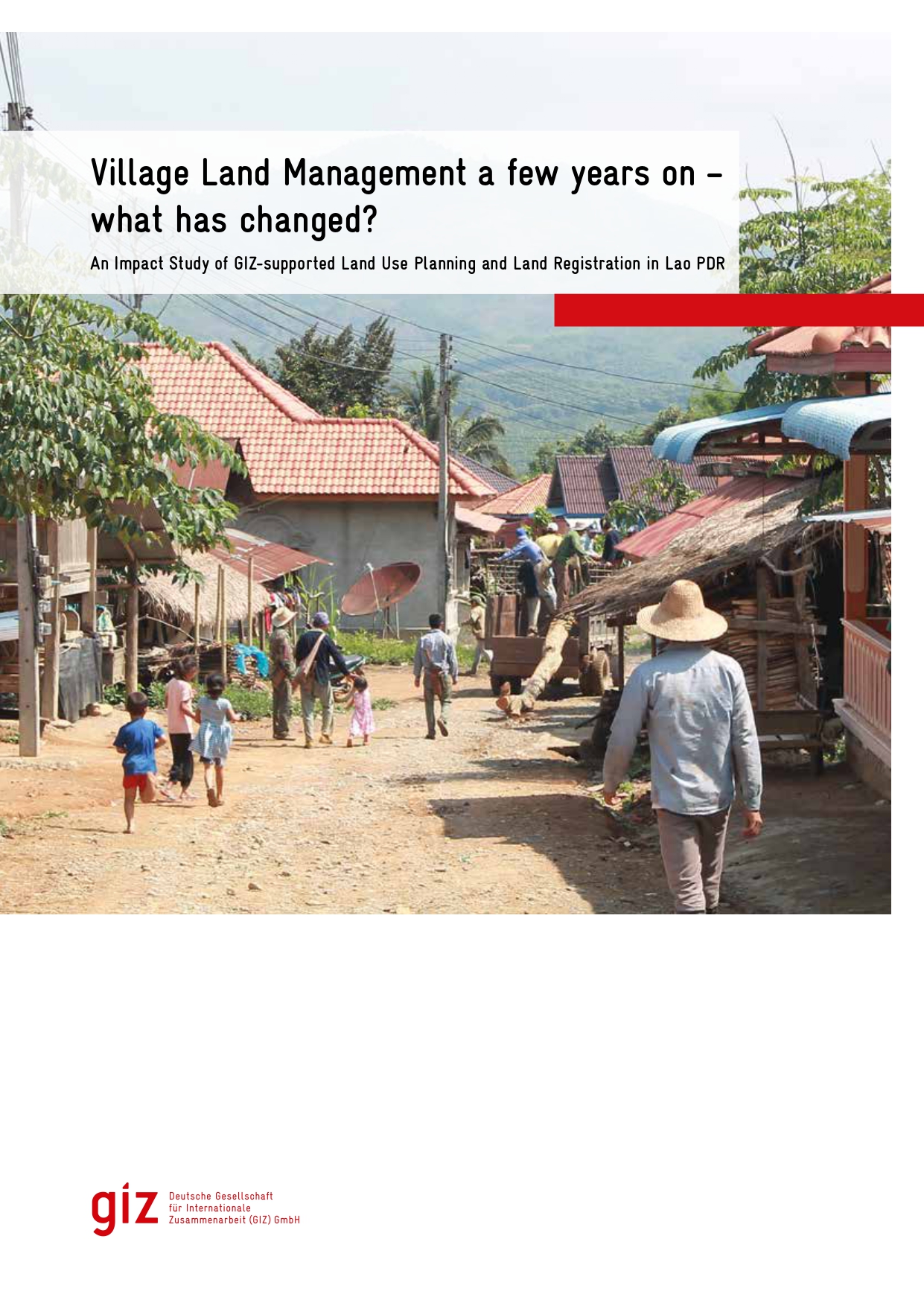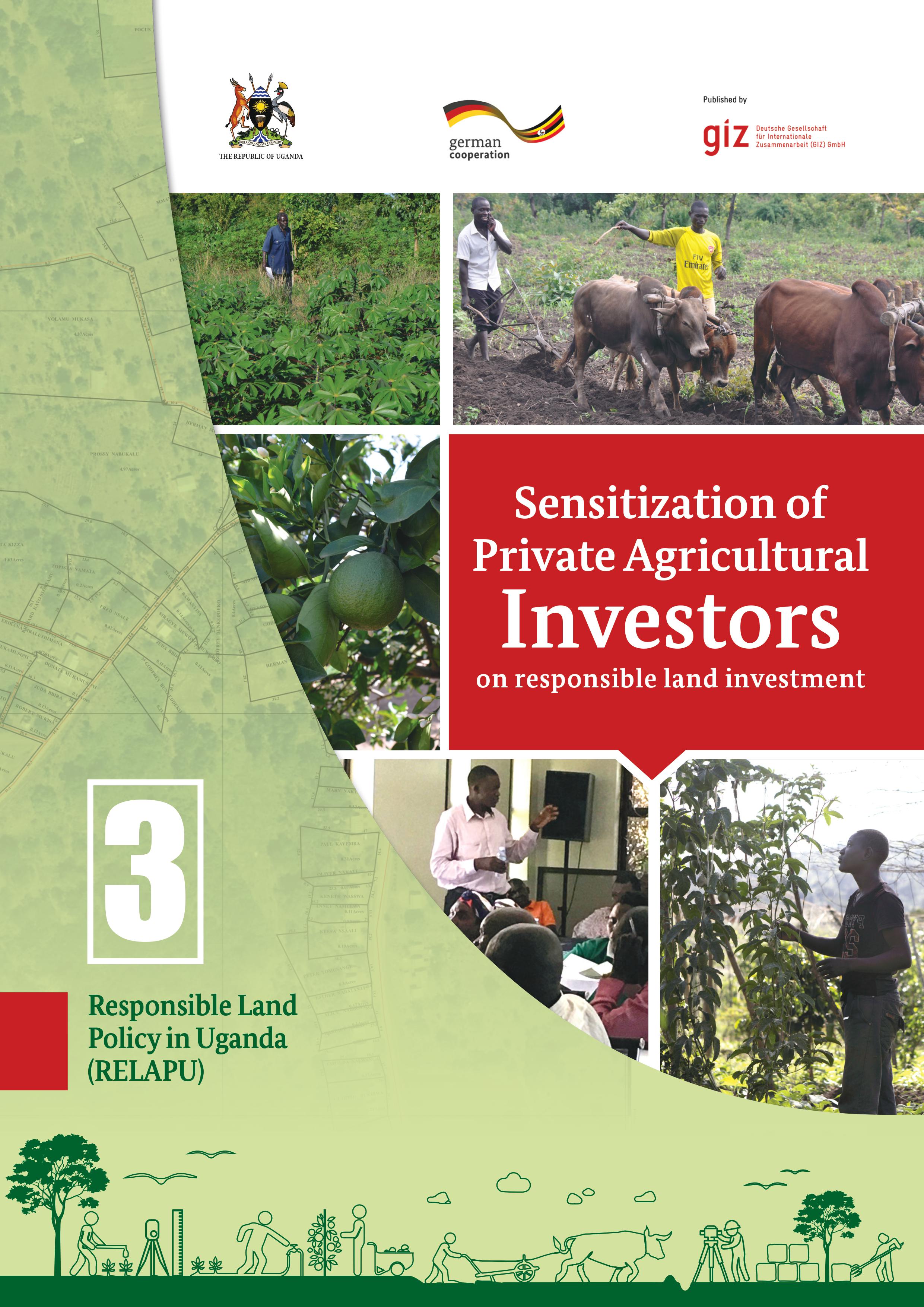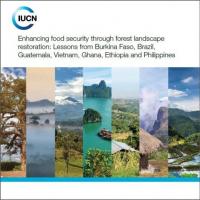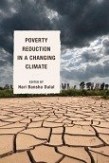Rizipiscicultura: alternativa para la seguridad alimentaria
Rice-fish farming: A food security alternative Rice-fish farming is a biological or clean production system that consists of the simultaneous farming of rice and fish on the same land and at the same time; in other words, in the plots flooded for rice cultivation. Rice is the main product and has greater economic importance, whereas the fish is both a source of additional income and a protein supplement that improves the nutritional quality of farmers’ diets.






